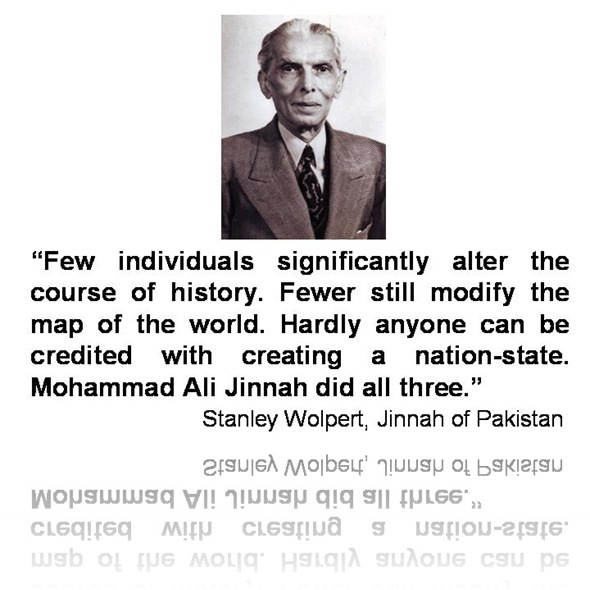Mowahid Hussain Shah
A Muslim visitor returning from India feels instinctively a sense of gratitude to Jinnah for founding Pakistan, which, with all its warts and imperfections, is a place free from the spectre of Muslims at the receiving end of communal fury.
This is not to denigrate India, a country difficult to match in the range of its cultural diversity. But no honest Indian would contend that India is a safe haven for Muslims. But no lofty claims are made here for a secular order. Yet, some Pakistanis would still like to reassess the utility of the creation of Pakistan and the wisdom behind the founding. The debate would be conclusively answered by asking the single question: Are the Muslims of India better off than the Muslims of Pakistan?
By some accounts, India has more Muslims than Pakistan. But that fact, apart from tokenism, is not reflected at the helm of affairs. Sikhs, for all the agitation, were (and still are) far better represented than Muslims despite their significantly smaller size. Secularism is intellectually attractive but, in effect, fraudulent. The obvious needs to be restated. But for Pakistan, there would not have been too many generals, business moguls, sport superstars and bureaucrats of the Islamic faith. Having said that, it does not necessarily follow that the experiment of a Muslim homeland has been an unqualified success.










